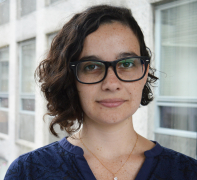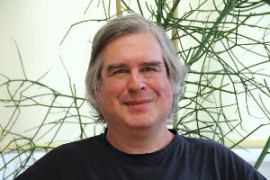–
Room P5.18, Mathematics Building

Gláucia Murta, Heinrich-Heine-Universität Düsseldorf
Secure Anonymous Conferencing in Quantum Networks
Users of quantum networks can securely communicate via so-called (quantum) conference key agreement, making their identities publicly known. In certain circumstances, however, communicating users demand anonymity. In this talk, I will introduce a security framework for anonymous conference key agreement with different levels of anonymity and present efficient and noise-tolerant protocols exploiting multipartite Greenberger–Horne–Zeilinger (GHZ) states.
We compare the performance of our protocols in noisy and lossy quantum networks with protocols that only use bipartite entanglement to achieve the same functionalities. Our simulations show that GHZ-based protocols can outperform protocols based on bipartite entanglement and that the advantage increases for protocols with stronger anonymity requirements. Our results strongly advocate the use of multipartite entanglement for cryptographic tasks involving several users.
